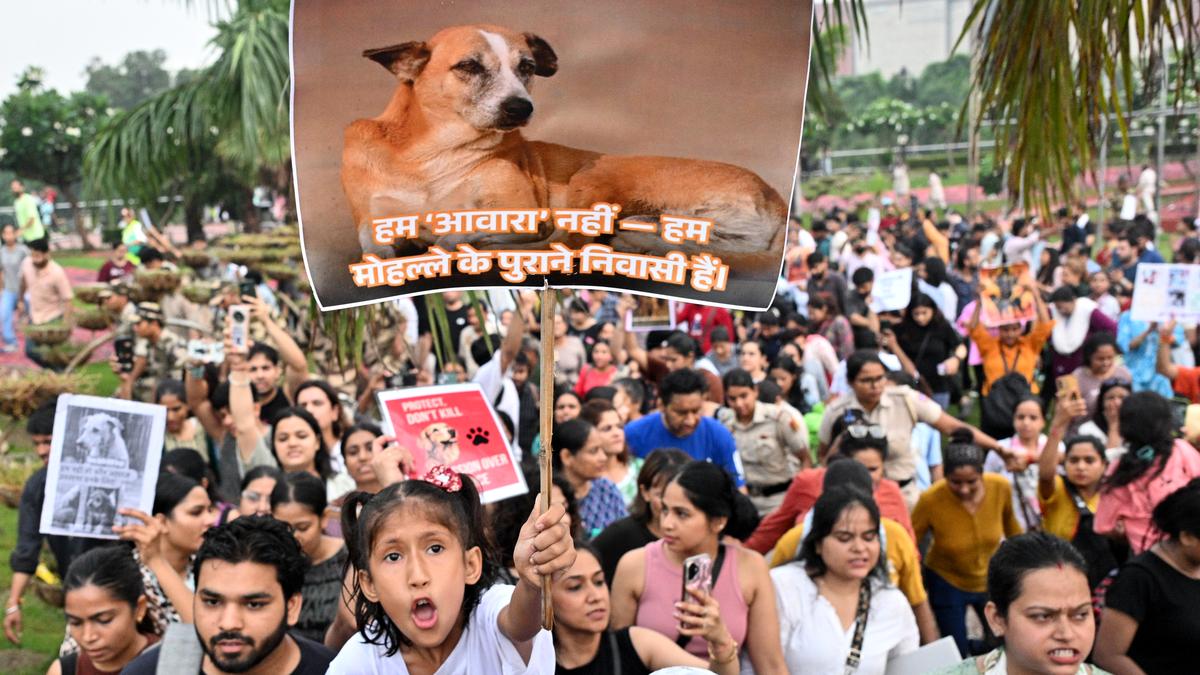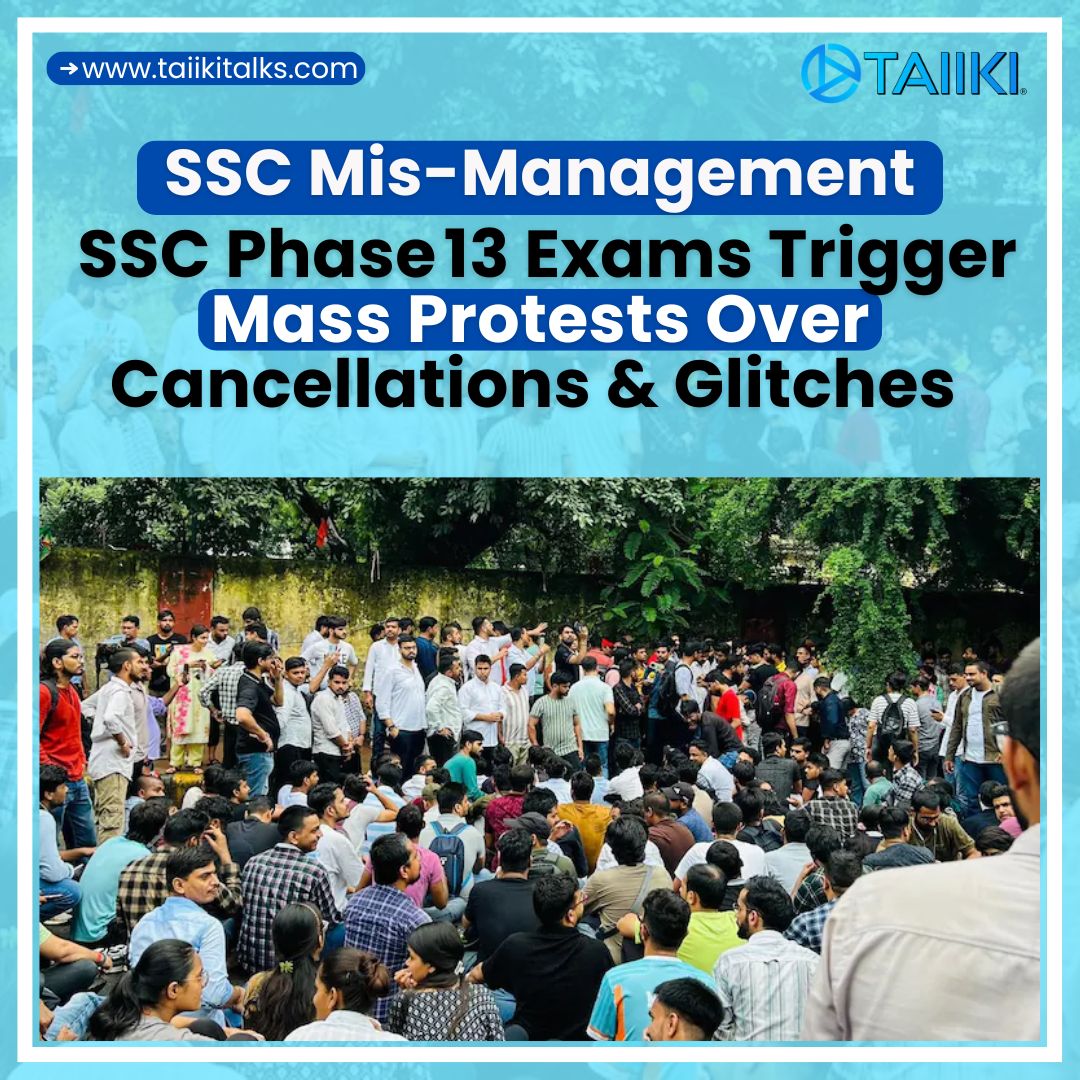Supreme Court Allows Release of Stray Dogs After Vaccination, Modifies Earlier Directive
In a significant development, the Supreme Court of India has modified its earlier directive on the management of stray dogs, permitting their release back to their original locations after vaccination.

Supreme Court Allows Release of Stray Dogs After Vaccination, Modifies Earlier Directive
In a significant development, the Supreme Court of India has modified its earlier directive on the management of stray dogs, permitting their release back to their original locations after vaccination.
The apex court observed that while public safety and prevention of dog bites remain a serious concern, the protection of stray animals must also align with animal welfare laws. The bench clarified that after proper vaccination and sterilization, stray dogs cannot be permanently confined or relocated but should be released in the same area where they were captured.
The ruling comes amid growing debates over the rising number of stray dogs in cities and villages, with several states demanding stricter measures to curb incidents of dog bites. Animal rights groups, on the other hand, have been advocating for humane and lawful treatment of stray animals, stressing that sterilization and vaccination are key to long-term population control.
The Supreme Court’s order strikes a balance between public health concerns and animal welfare. It reinforces the guidelines laid down under the Animal Birth Control (ABC) Rules, 2023, which emphasize vaccination, sterilization, and release as the core approach to managing stray populations.
With this modification, municipal bodies and local authorities will be required to conduct mass vaccination and sterilization drives more effectively, ensuring both public safety and humane treatment of animals.
Animal welfare organizations have welcomed the decision, calling it a step towards compassionate and lawful stray dog management, while citizens hope that strict implementation will reduce the risks posed by unvaccinated and aggressive strays.




































Comments (0)